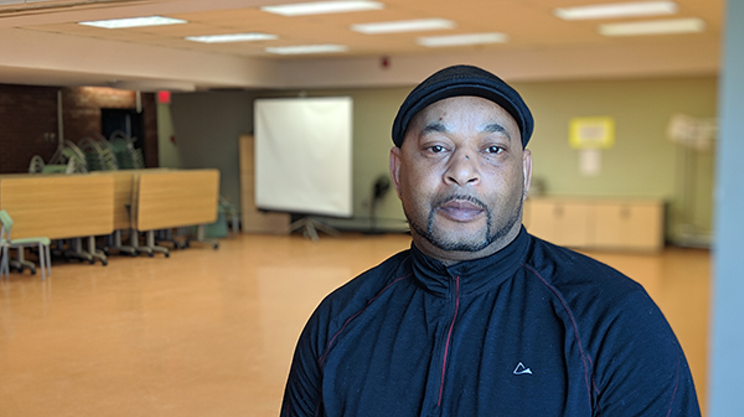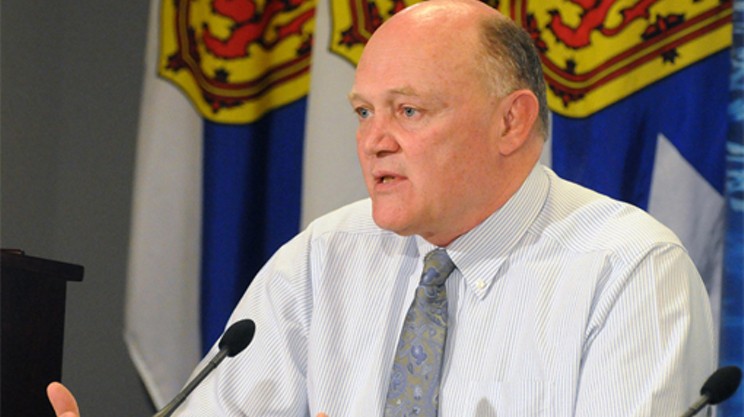
The opioid crisis we hear about in the news has not escaped Nova Scotia. The chief public health officer recently reported that 49 Nova Scotians—between one and two per week—died from opioid overdoses in the first eight months of 2016. Around 11 people each day are taken to provincial emergency departments for opioid overdose.
Effective tools exist to save the lives of people who use opioids, and many are being used elsewhere in Canada. Here are five things we can do right now to save the lives of Nova Scotians who use opioids.
First, we can give naloxone to anyone who uses opioids, and teach them how to use it. Naloxone is an injectable medication that reverses opioid overdose. As an essential, life-saving medicine, you could think of it like an Epi-pen. In BC, Alberta and Ontario, naloxone is available for free at many pharmacies.
In a recent demonstration project, 600 Nova Scotians who use opioids were given take-home naloxone kits and trained in their use. At least 18 overdoses have been reversed so far. Naloxone saves lives.
Second, we can increase funding to community methadone clinics to eliminate waiting lists. Methadone treatment lowers peoples’ chances of dying, overdosing, buying counterfeit pills and bootleg fentanyl, and contracting HIV and hepatitis C. It increases peoples’ chances of working and leading healthy, functional lives.
At Direction 180, the community-based methadone clinic in Halifax, there are over 100 people on the waiting list asking for help and unable to get it. Our methadone programs need more funding.
Third, we can cover the costs of buprenorphine (trade name Suboxone) on provincial Pharmacare. Buprenorphine is an effective treatment for opioid addiction that is safer than methadone. Clinical guidelines recommend buprenorphine as the first-choice medication treatment for opioid addiction and it is covered by provincial drug plans in many provinces. It doesn’t require the same special certification to prescribe that methadone does, and is easier to prescribe in family doctors’ offices.
Buprenorphine is only covered in Nova Scotia for people age 16 to 24, or those who can prove methadone was unhelpful. Covering the costs of buprenorphine would help get more people on treatment.
Fourth, we can increase funding for distribution of sterile needles and other safe use supplies. Every clean needle, water, cup and tourniquet provided to people who inject drugs is an opportunity to prevent the spread of infections including HIV and hepatitis C. These diseases can be devastating to people who contract them, and also extremely expensive for our health care system. Each set of sterile supplies can save a life and save our province tens of thousands of dollars.
There are only three needle distribution programs in the province. They face continual funding shortages such that they can’t provide people all of the supplies they request, nor can they reach all of the people in rural areas.
Fifth, we can establish community withdrawal management (AKA “detox”) beds. People using heavier amounts of opioids or with chaos in their lives may need to go through withdrawal management before they can start on long-term treatment.
Halifax has few detox options. There are currently 16 beds for alcohol and drug withdrawal for all 400,000 people in Halifax, based at the Nova Scotia Hospital. There are no community-based detox beds. For many Nova Scotians, no bed is available and there is no way to detox safely when they are ready to start treatment.
The opioid overdose epidemic is not going away. These are just a few ways we can act now to address this crisis.



















